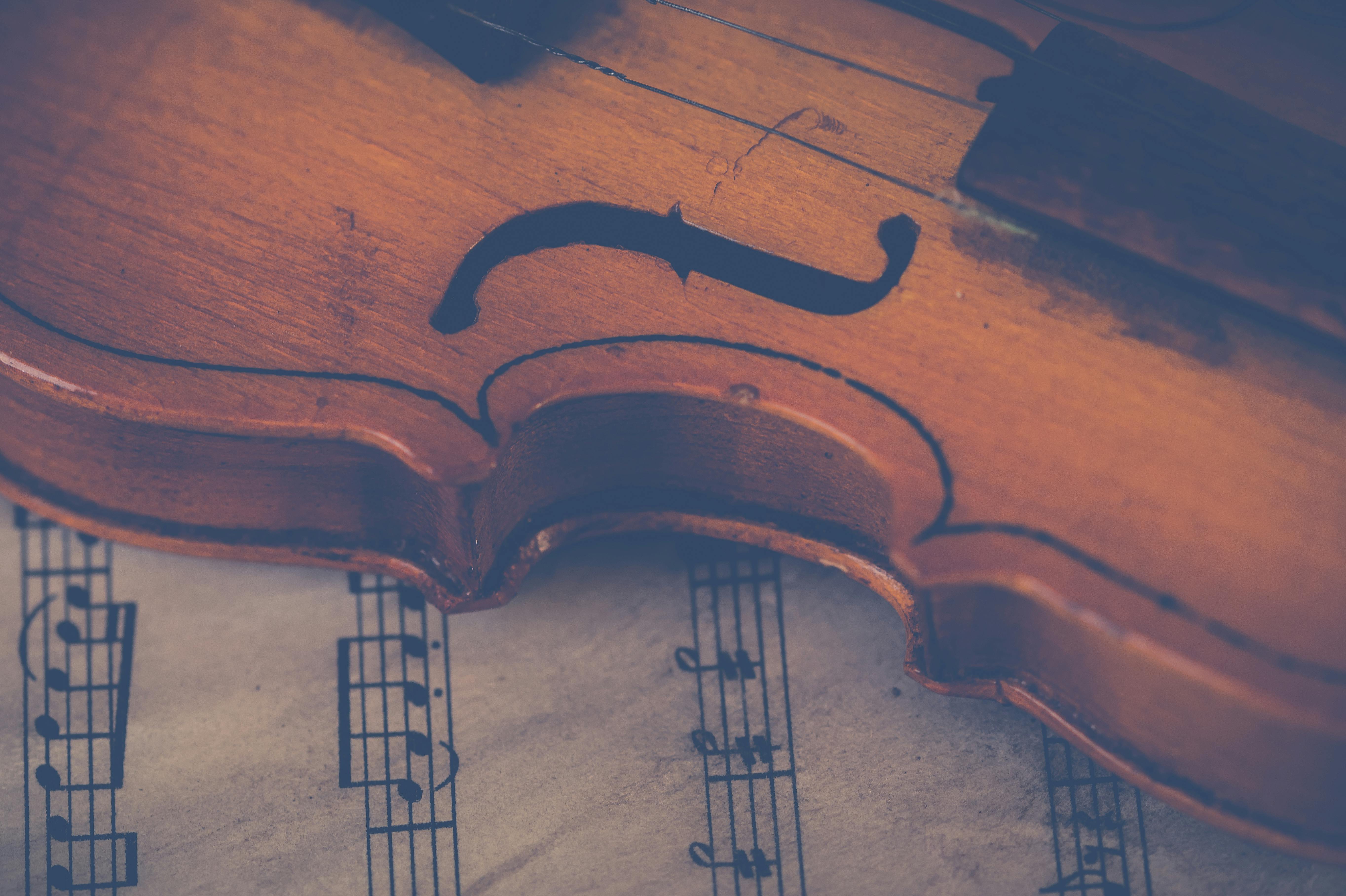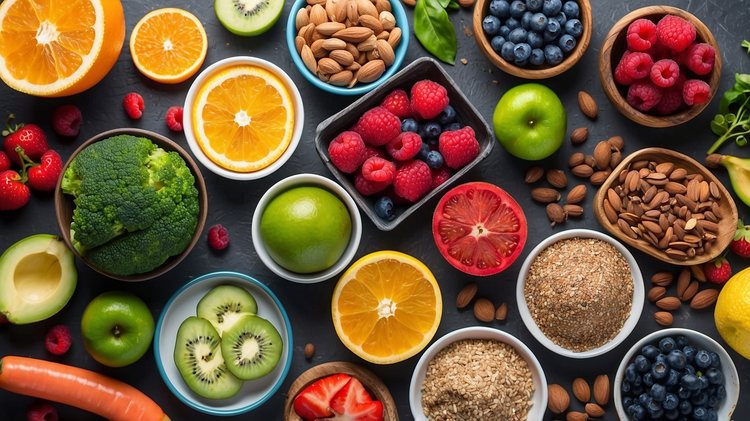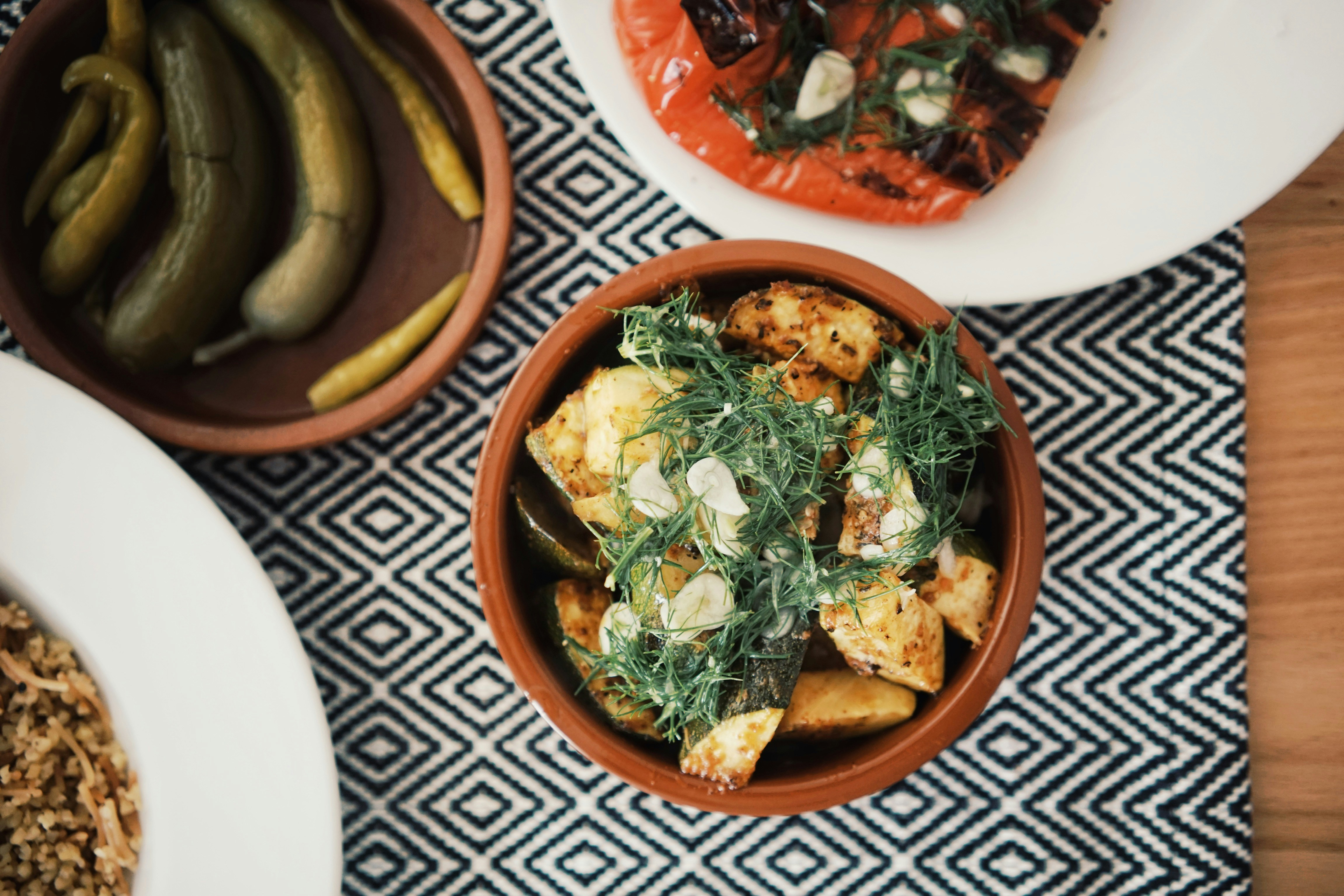"Modern Renaissance: The Resurgence of Classical Music in Popular Culture"
The world of music is witnessing an unexpected yet thrilling phenomenon: the resurgence of classical music in popular culture. Once confined to concert halls and conservatories, classical compositions are now finding their way into mainstream media, from television soundtracks to viral TikTok videos. Let's dive into the intricacies of this phenomena and its implications on our cultural landscape.

A Symphony Reborn: The Historical Context
Classical music, with its roots in Western culture, has a rich history dating back hundreds of years. It flourished from the 17th to the 20th century, boasting remarkable composers like Bach, Mozart, Beethoven, and Wagner. However, the advent of new genres in the 20th century, such as rock, pop, and EDM, led to a decline in classical music’s popularity.
Today’s Score: Classical Music’s Contemporary Presence
Today, classical music is making a comeback in unexpected ways. It’s increasingly being incorporated into film and television scores, with the soundtracks of series like ‘The Crown’ or ‘Westworld’ employing classical pieces to enhance their narrative depth. Moreover, social media platforms like TikTok, with billions of users worldwide, are becoming hotspots for classical music exposure.
Echoing Through Screens: The Impact and Significance
The resurgence of classical music in popular culture signifies a shift in taste and the breaking down of genre barriers. It’s introducing younger generations to a form of music they may not have engaged with otherwise. Additionally, it’s cementing the idea that classical music isn’t an outdated form of expression, but a timeless one capable of resonating with contemporary audiences.
A Standing Ovation: The Reception
The reception to classical music’s resurgence has been overwhelmingly positive. Younger audiences are discovering and appreciating the complexity and emotive power of classical compositions, while older generations are reconnecting with the music of their past. This has led to an increase in concert attendance and streaming numbers for classical music, further solidifying its place in popular culture.
Encore: The Future of Classical Music in Popular Culture
With its current trajectory, classical music looks set to continue its crescendo in popular culture. As more creatives integrate it into their work, and as platforms continue to democratize access to music, we can expect to see classical music reach new heights of popularity and relevance.
The resurgence of classical music in popular culture is not only a testament to its enduring appeal, but also a reminder of the cyclical nature of trends. As we look forward to its promising future, we also pay homage to its illustrious past, and celebrate the power of music to transcend time and touch the hearts of generations.




